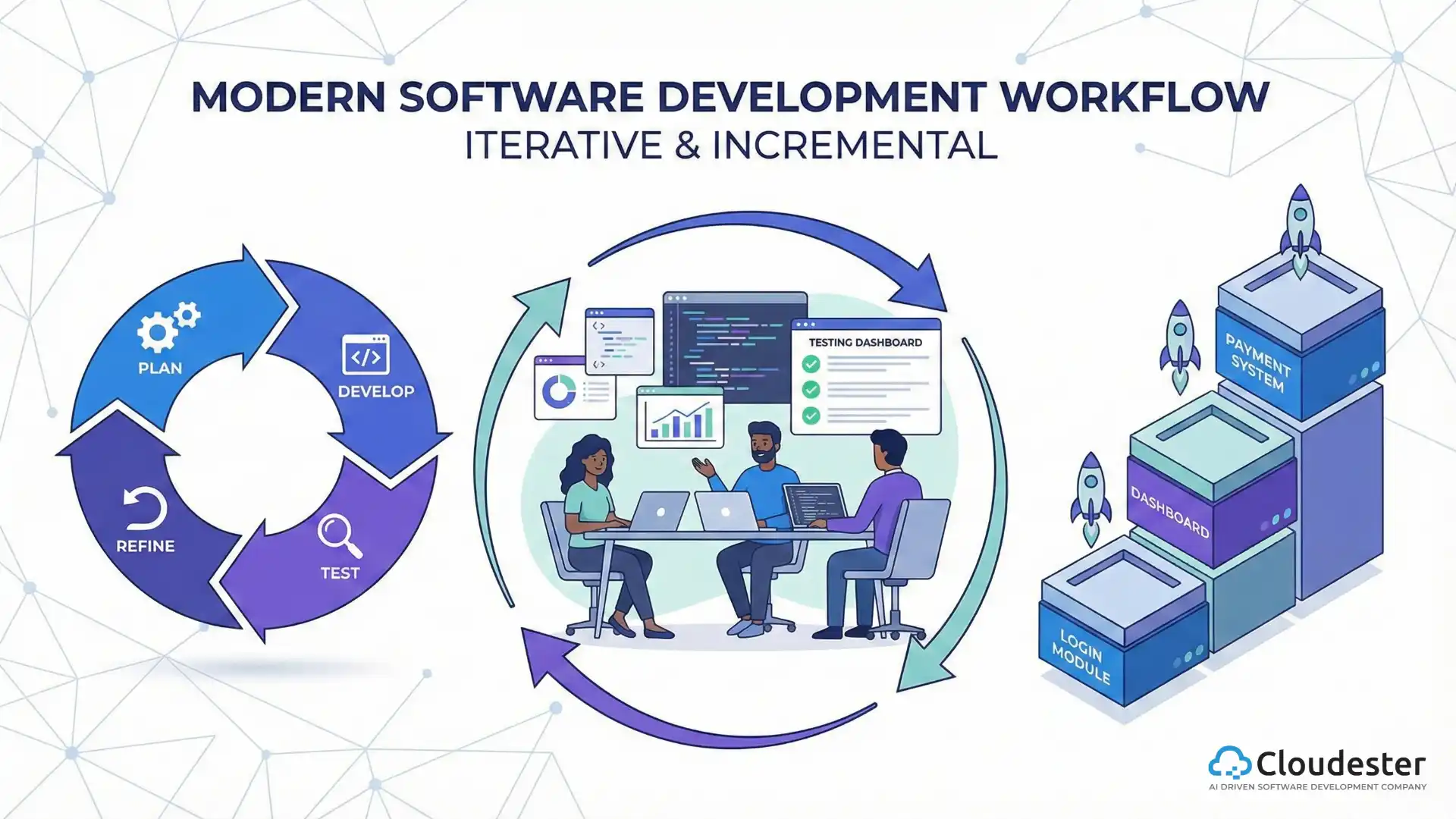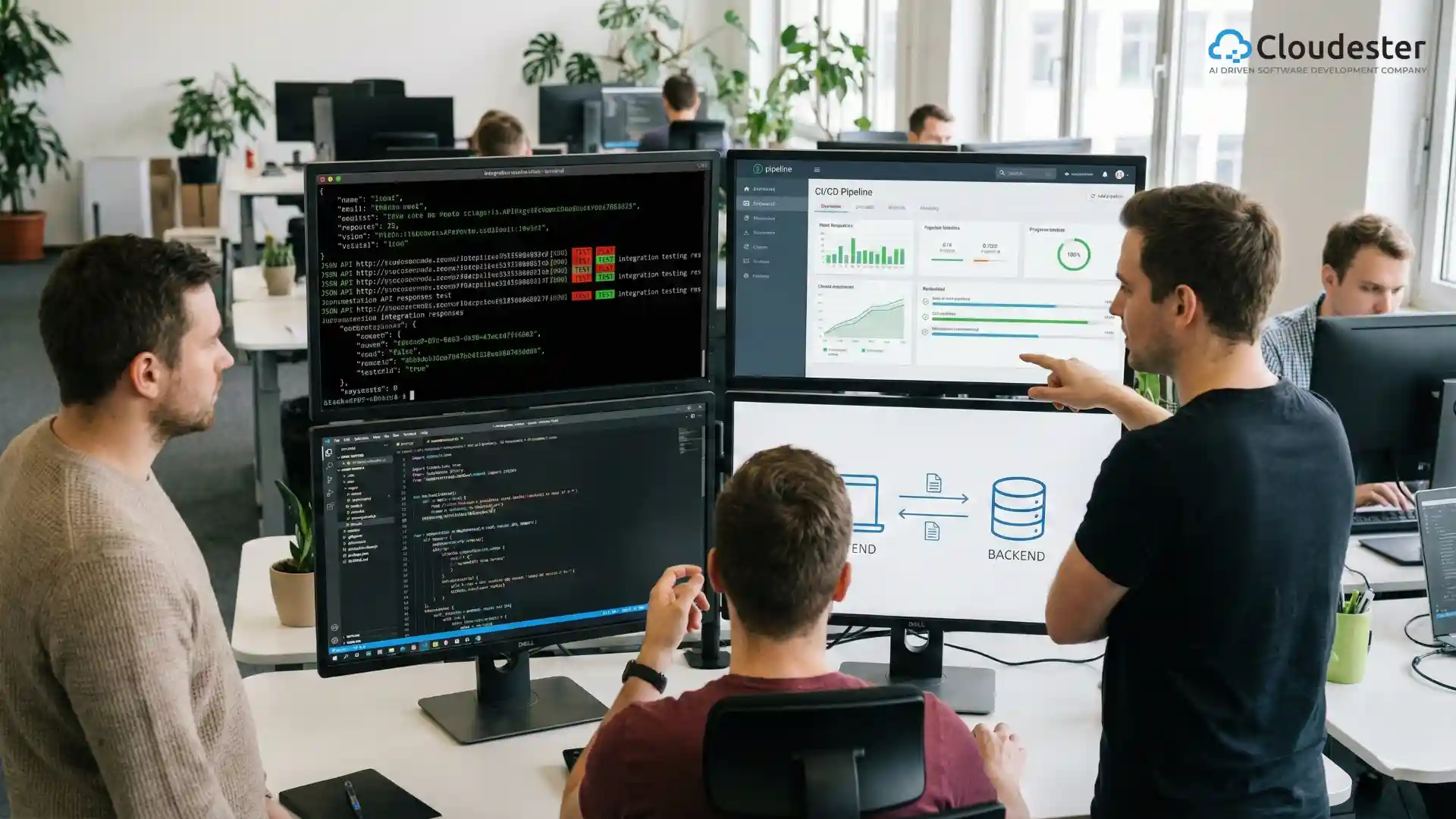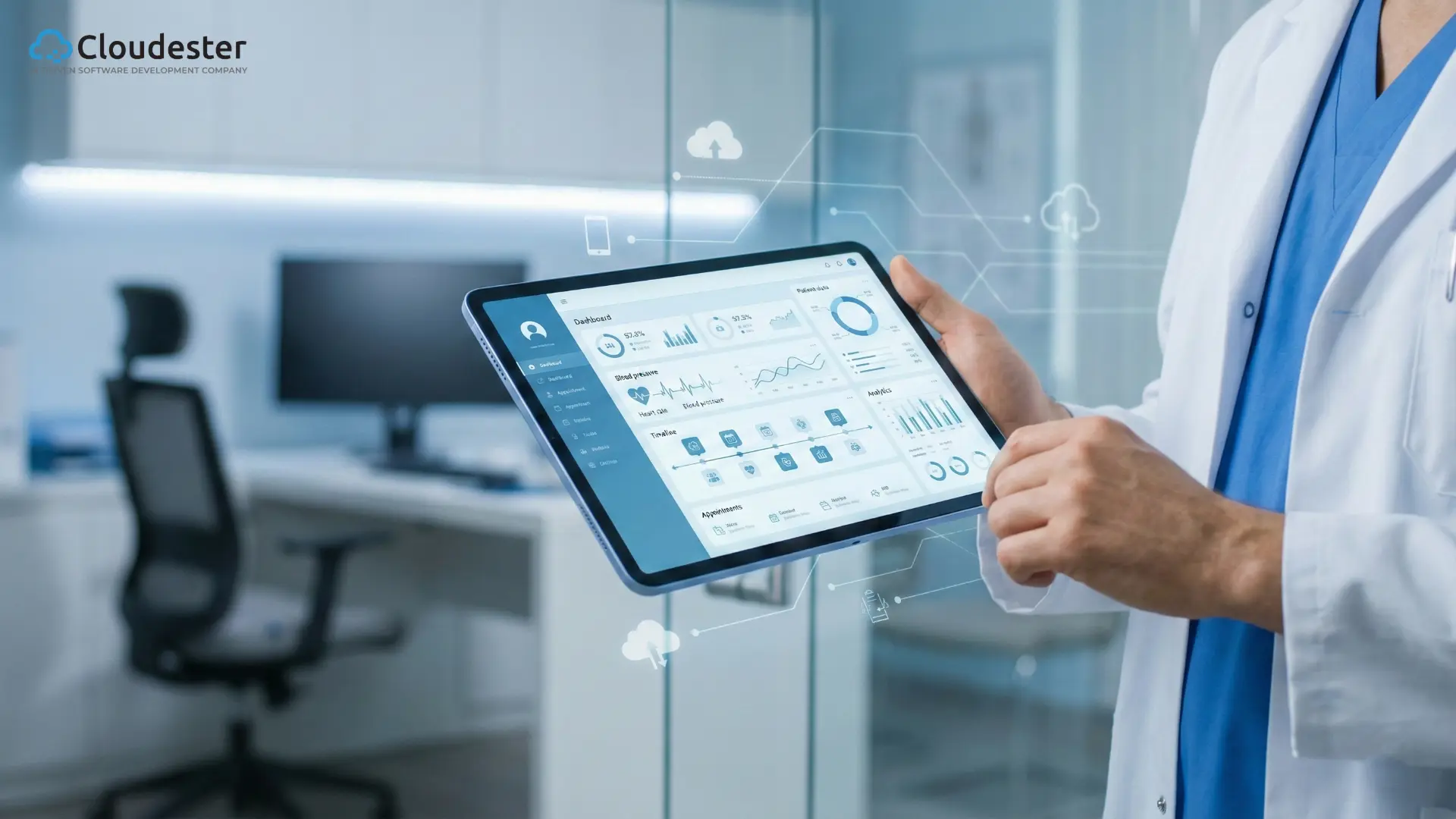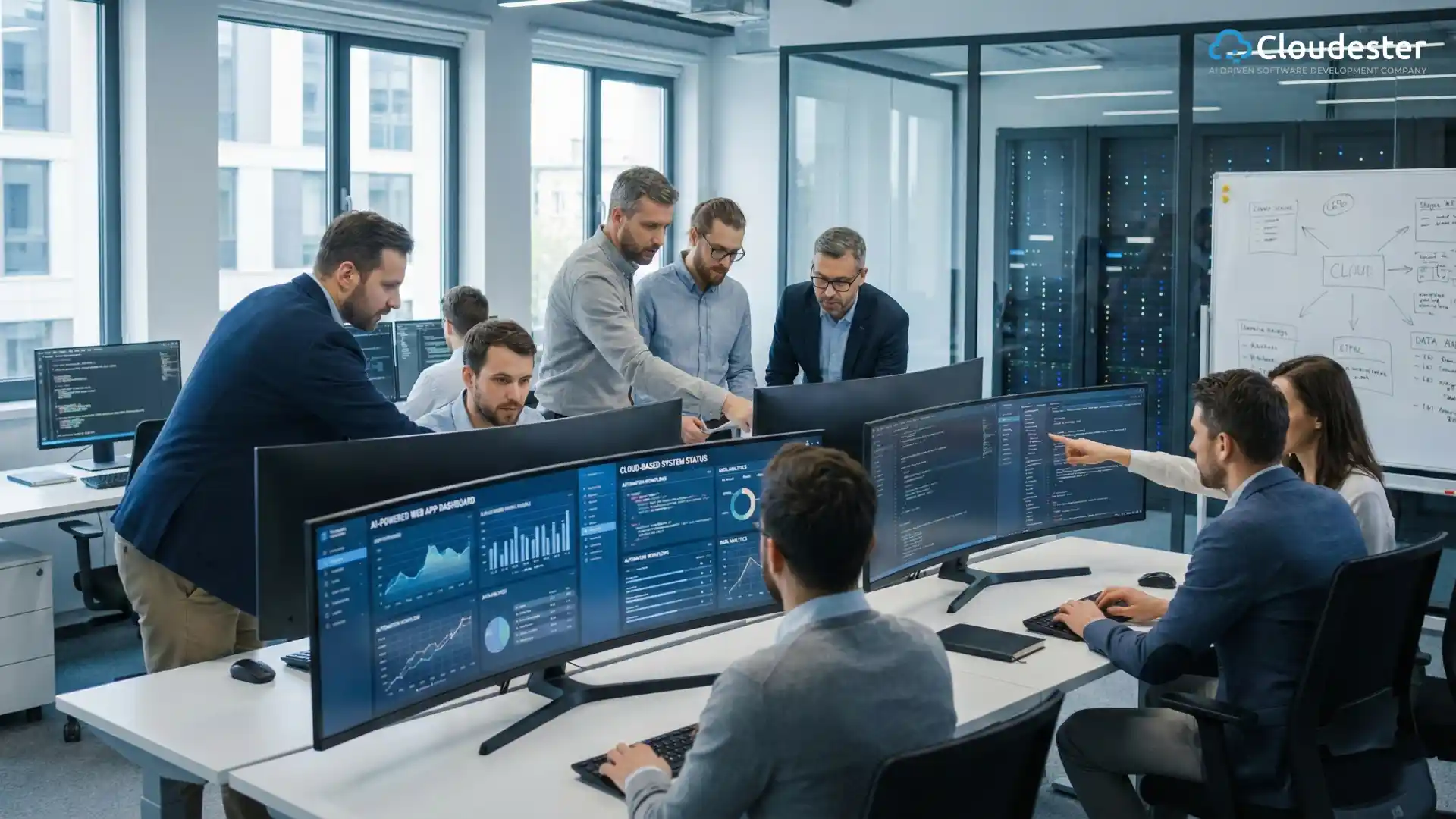Will AI Replace Software Developers? Navigating the Future Landscape
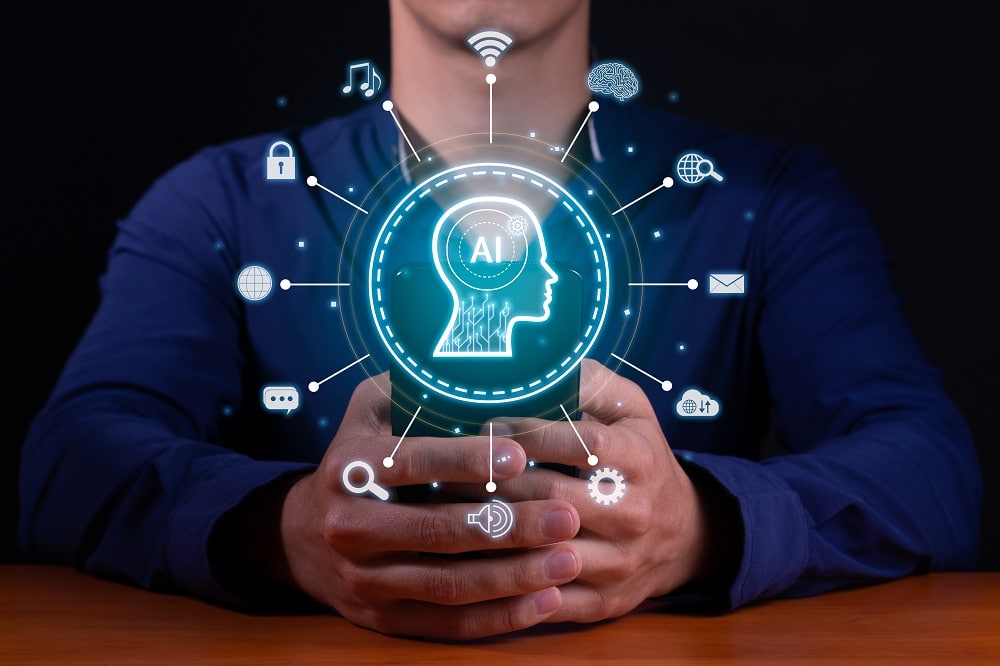
The rapid progress of Artificial Intelligence (AI) brings a serious question into software development: Will AI replace software developers? This discussion explores what AI means for the future of coding and how both technology and human talent shape what comes next.
The Rise of AI in Development
AI tools assist with debugging, testing, documentation, and basic code generation. They analyze patterns, automate repetitive tasks, and speed up workflows. These capabilities improve efficiency and help teams scale faster.
However, this trend has caused concern among professionals who wonder if AI will take over development completely.
AI as a Support System, not a Replacement
AI enhances developer performance. It does not remove the need for human thinking, judgment, or creativity. When used correctly, AI handles routine tasks, so developers can focus on design decisions, architecture, and genuine problem solving.
Moreover, AI tools provide suggestions, highlight risks, and streamline coding. They improve productivity and reduce errors. They do not independently understand product context, human behavior, or business logic.
Why Human Developers Remain Essential
Software creation goes beyond code. It demands creativity, empathy, and the ability to solve problems in real environments. Developers understand user needs, business constraints, and human emotions. These skills shape digital products in ways AI cannot match today.
Additionally:
- Creative thinking drives product vision
- Human insight brings domain experience
- Collaboration and communication shape project success
- Real world judgment improves ethical and responsible solutions
- These are human strengths AI cannot fully duplicate.
How Developer Roles Are Evolving
Developers are not being removed. They are evolving. Many are now learning machine learning, natural language processing, and data engineering. These skills allow teams to integrate AI responsibly and confidently.
As a result, developers who adapt will gain new opportunities in:
- AI model integration
- Automation design
- Data driven architecture
- Responsible AI engineering
This shift places developers in higher value positions, not lower ones.
AI Strengthens the Developer Skill Set
AI tools assist with:
- Generating starter code
- Suggesting improvements
- Identifying vulnerabilities
- Speeding up testing and deployment
Consequently, developers can focus on important responsibilities, including system design, security planning, performance optimization, and user experience decisions.
Human Creativity Remains the Core
AI predicts patterns. Humans imagine what does not yet exist. Software innovation depends on imagination and emotional understanding. Developers shape product purpose and outcomes. AI supports the build. It does not create the vision behind it.
AI enhances development. It does not replace human creativity and empathy.
Ethical and Practical Considerations
Developers must guide AI. Systems need review, monitoring, and ethical oversight. Professionals decide how data is handled, how fairness is maintained, and how systems serve users without harm. These responsibilities demand human judgment.
Final Thoughts
Based on observed industry patterns, AI is not set to replace developers soon. Instead, it is reshaping how they work. AI accelerates tasks. Humans design experiences and solve complex real-world challenges. Together, they create better software.
The strongest future outcome pairs AI efficiency with human intelligence. Software development remains a human centered craft with smarter tools by its side.
